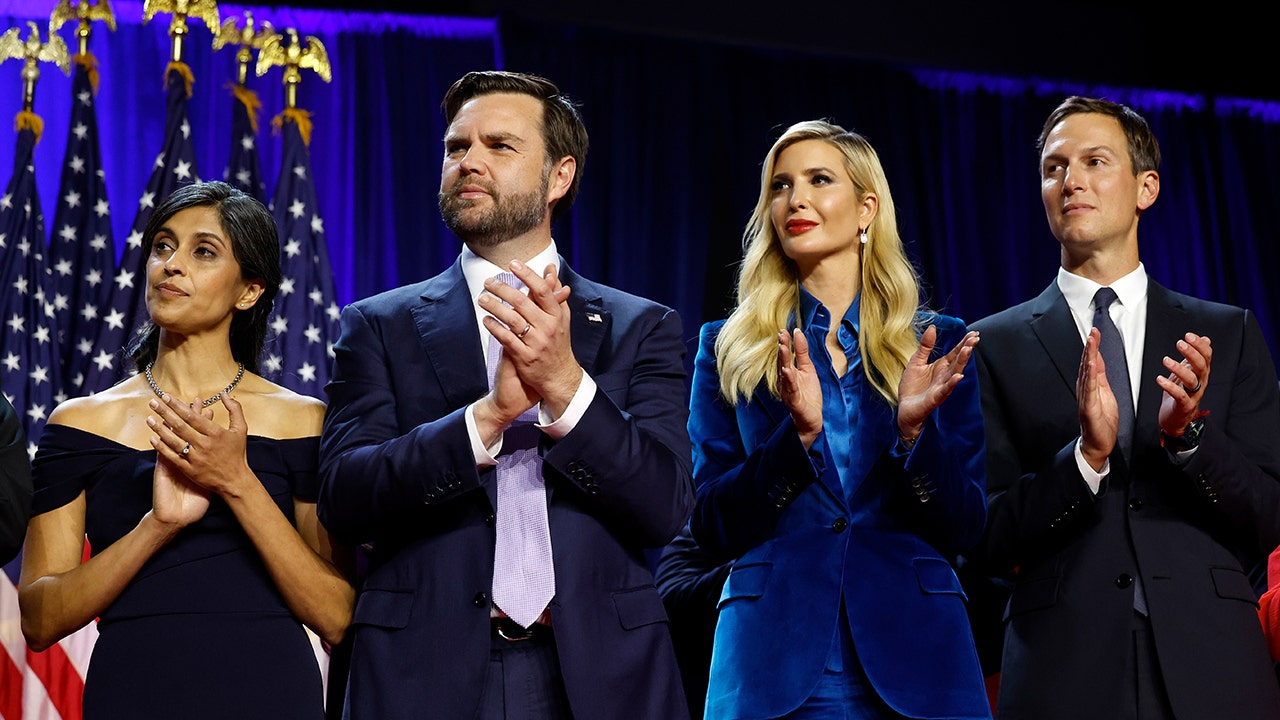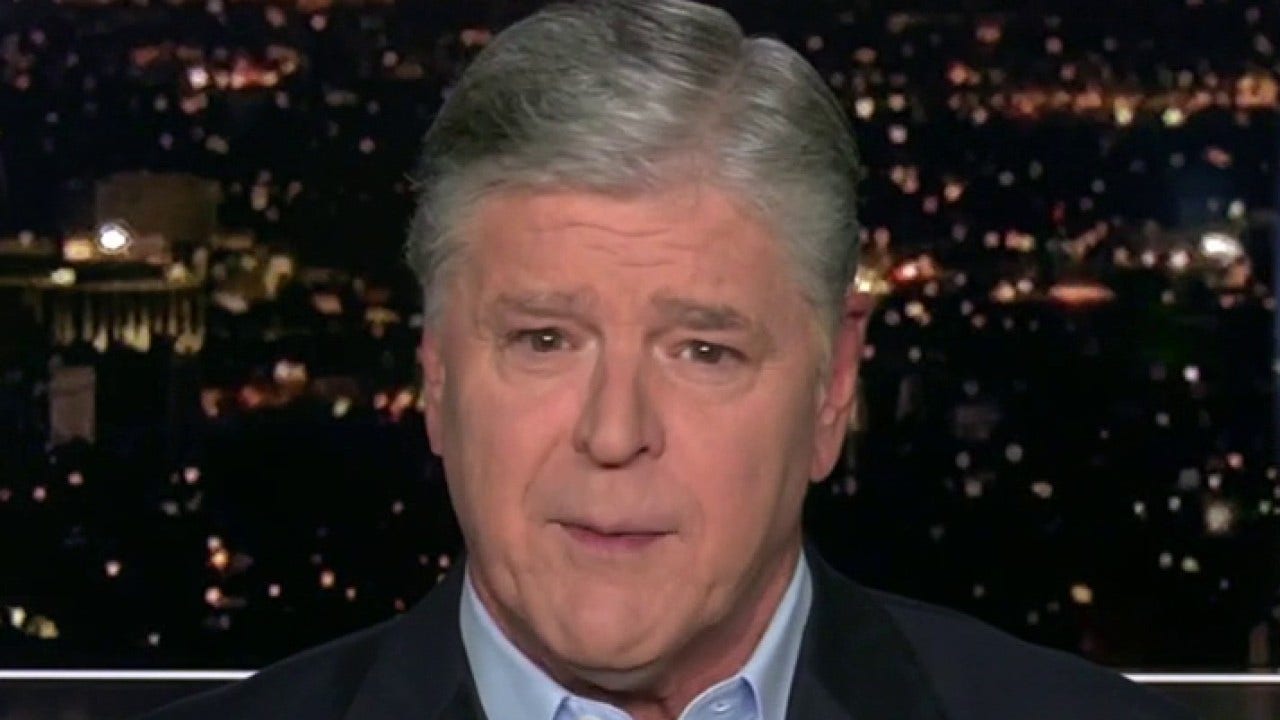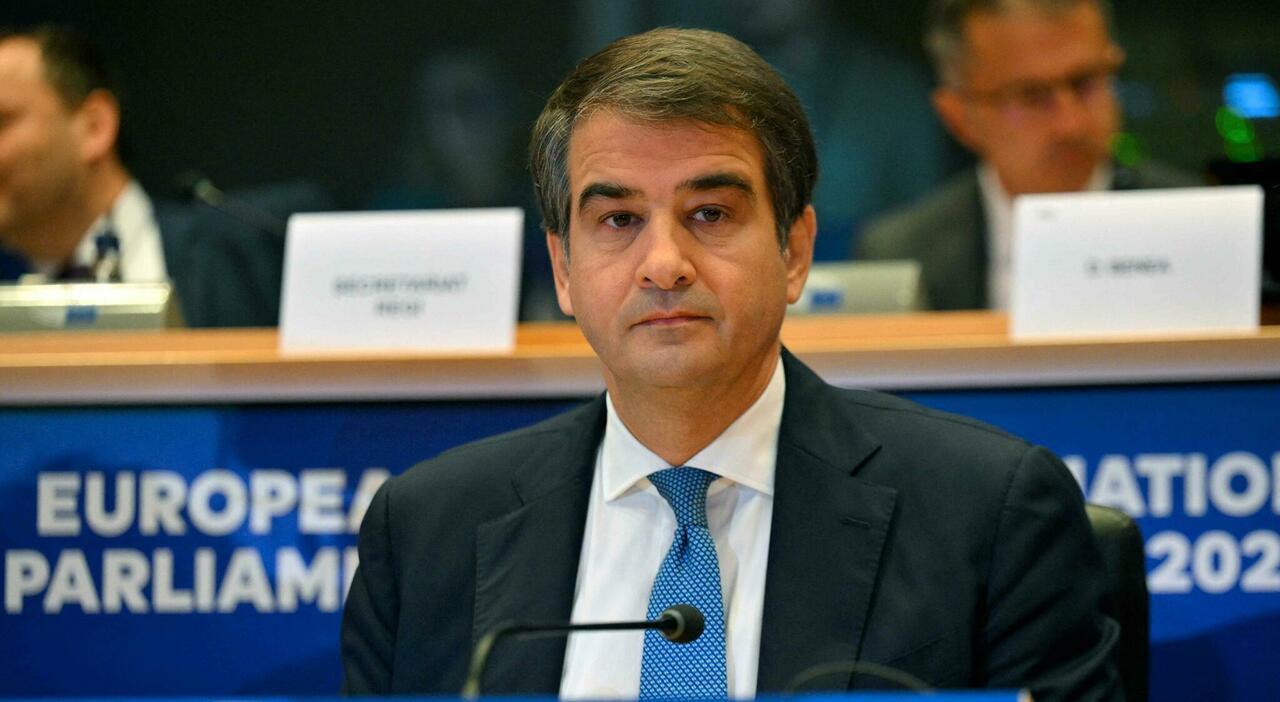This article is part of The D.C. Brief, TIME’s politics newsletter. Sign up here to get stories like this sent to your inbox.
It happened when no one was really paying attention, but Democrats somehow climbed out of a decade-long, double-digit ditch with voters on the question about who they trust to handle the economy. With less than a week to go before Election Day, Republicans’ advantage on the top issue for most voters has declined as they face Kamala Harris at the top of the ticket.
To be fair, Democrats are not suddenly crushing the economy question. Republicans led by former President Donald Trump still have an upper hand, largely because the GOP is still seen as the party with stronger free-market allegiances. But over the last few years, there’s been a slow rebalancing that accelerated after Harris took over the presidential nomination in July. It has left some Wall Street-sympathetic Democratic centrists privately congratulating themselves for breaking the progressive fever that captured corners of the party during Senator Bernie Sanders’ rise and the 2020 social resets over race, gender, and privilege.
The extent to which Democrats have gained ground on this critical issue depends on where you look. The final New York Times/Siena College poll last week gave Trump a 52%-45% advantage on the economy, outside the polls’ margin of error. But Democrats rightly noted it was tighter than the 54%-41% split in the Times’ September survey. And that’s world’s better than where things stood in May, when the same pollsters found Trump ahead of Joe Biden 58% to 36% on the question.
But Harris’ gains may be even more pronounced in the places she needs it most. Right after Biden bowed out, the center-left pollsters Redfield and Wilton found Trump leading Harris on the economy in the seven core swing states, Trump showed to be anywhere from six points ahead on that question in Michigan to 13 points in Pennsylvania. These days, they find Harris is favored on the economy in three of those states and tied in another two. To be clear, the advantages found in these slightly blue-tinged polls range from 4 points up in Wisconsin, 1 point up in Georgia and Nevada, and tied in Michigan and North Carolina—all within the margin of error. But in states like Georgia, Nevada, and Pennsylvania, we’re talking about a double-digit swing in her favor.
It’s no slam dunk, but it’s certainly a shift that has some strategists on the left more optimistic that Democrats have at least narrowed the trust gap on the economy, expected to be the top issue for voters.
“For years, Democrats have struggled with how to message to even on the economy against the TV-show-branded businessman, even when the economy got better under Biden,” says one veteran strategist working with liberal groups this cycle. “It’s been 10 years of Democrats trying to figure this out and nothing has worked until now.”
That’s bullish, but not without merit.
A bit of clear-eyed reality, though, has to be surfaced. This isn’t the best position Democrats have found themselves in on the economy against Trump. When the Times asked a Trump-Biden question on the economy in October of 2020, they found the sentiment was essentially dead even at 47%-48% in Trump’s favor. Strategists of both parties aggressively argue that 2020 should be treated as an asterisk—a complete abnormality of a campaign season given the ongoing pandemic. Assuming 2020 has no peer, let’s look back at 2016 when Trump faced off against Hillary Clinton. In that race, Trump had a 10 point advantage over Clinton in the exit polls among voters who ranked the economy as their top issue. Harris is doing better than that, but not by much depending on the poll you’re looking at.
Sure, these shifts are small. There’s a reason no one is puffing up their chests in Harris’ orbit, especially given so many voters are fact-indifferent toward the realities of the economy under the Biden-Harris administration. All signs point toward a soft landing for the economy in the offing. Unemployment is low, interest rates are expected to recede, and consumer spending is steady. Federal officials announced on Wednesday that gross domestic product, adjusted for inflation, expanded at a solid 2.8 percent annual rate in the third quarter. Still, voters are feeling the squeeze of inflation, and Trump has made the higher costs of day-to-day needs one of the more persuasive and fact-based pieces of his routine before his crowds.
Given that inflation-driven skepticism, it’s remarkable to see Democrats climbing to nearly competitive parity on the issue that outpaces all others by leaps and bounds; a Times survey finds you’d have to combine abortion and immigration to reach the level of interest in the economy. Arguments for the shift toward Harris are varied. Biden’s exit put an end to the so-called “double haters” who disliked both options to the Democratic Party’s left flank giving her some criticism-muted space. Harris’ promises on the economy seem grounded in capitalism, and less pandering than some of Biden’s efforts to appeal to the progressive movement felt like. Harris is of a newer generation of pols, not someone who has been in the public eye in a serious way to the point of saturation or necessarily beholden to decades of promises. Where Biden talked in terms of fairness and equity, Harris is proposing hard-currency programs designed to make life easier at every stage. Among establishment-minded Republicans leaning toward Harris, a steady hand—even one that would raise taxes on the rich—is much preferred to an erratic President who has proven inconsistent and capricious.
Perhaps the biggest factor is that the frustration with Biden’s handling of the economy did not confer to her; an NPR poll from August found Trump still had the edge over Harris on the economy, 51%-48%, but far improved than Biden’s deficit at 54%-45% before he dropped out.
The answer is probably some mix of all of it. If the numbers are to be believed, it seems Democrats have shaken off some of their long-carried baggage with voters. All it took was a complete recast as the face of the party—and to ditch the stank of Bidenomics.
Make sense of what matters in Washington. Sign up for the D.C. Brief newsletter.

 3 settimane fa
7
3 settimane fa
7















 English (US) ·
English (US) ·